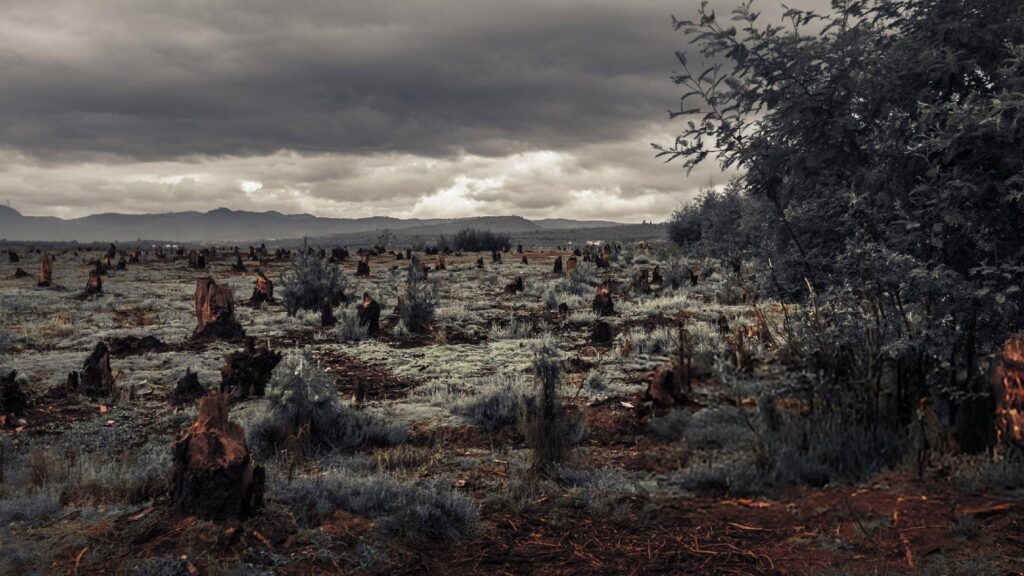1. The Scope of the Problem
Africa’s forests, from the Congo Basin to West African woodlands, are among the world’s most vital ecosystems. Yet deforestation is advancing at alarming rates due to logging, agriculture, and urban expansion. Each tree felled represents not only a loss of carbon absorption but also a threat to countless species and the livelihoods of communities that depend on the forest for food, medicine, and shelter.
2. Biodiversity at Risk
Africa’s forests are home to thousands of unique species of plants, animals, and insects. Deforestation disrupts habitats, threatens endangered species, and alters ecosystems. From gorillas in Central Africa to rare bird species across West Africa, the destruction of forests jeopardizes the natural balance, undermining ecological resilience and future scientific opportunities.
3. Impact on Indigenous Communities
Indigenous communities are among the hardest hit. Their traditions, cultural practices, and daily sustenance are closely linked to forest environments. Deforestation often forces them to relocate, eroding cultural heritage and social cohesion. Protecting forests is thus not only an environmental imperative but also a matter of human rights and cultural preservation.
4. Drivers and Challenges
Agricultural expansion, illegal logging, mining, and infrastructure development are key drivers of deforestation. Weak enforcement of environmental laws, corruption, and lack of awareness exacerbate the problem. Balancing economic growth with conservation is a complex challenge for governments, requiring innovation, public-private partnerships, and community engagement.
5. Solutions and the Path Forward
Reversing deforestation demands immediate action. Sustainable forestry practices, reforestation initiatives, and enforcement of protective legislation are critical. International cooperation and investment in green technologies can also help. Educating communities about the long-term benefits of forest conservation ensures local participation. Protecting Africa’s forests is essential not only for the continent’s ecological health but also for global climate stability and the future of generations to come.




